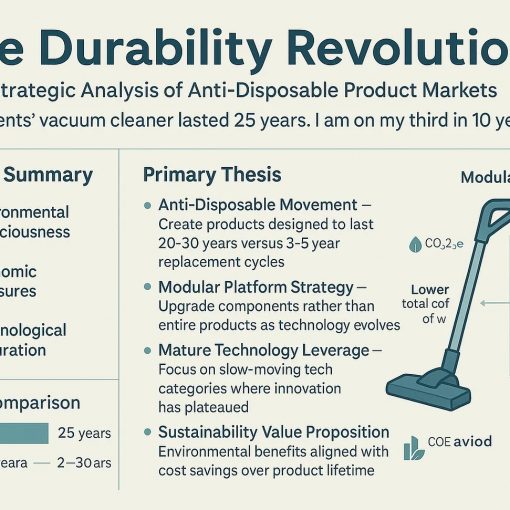The Ability to Adapt Business Ideas should not be taken as a lack of creativity. Sometimes you have individual burst of inspiration sometimes others inspire you. I know many people looking for a totally new business idea. If you have you the basic premise of new business idea even if other people are doing similar things you should consider some options before you can that idea:
- What is the size of the market and can it take anew player (remember before Google there were at least 20 or more search engines)
- What is the maturity of the market
- Who is my customer can they be segmented to serve a niche?
- Can my idea improve or revolutionise an existing market?
- Can technology make a difference?
- Can this idea be adapted to other counties?
- Can My idea be hybridised i.e. combined with another ideas?
With that in mind entrepreneurs can look at first world services and create the third world adaptations. I have listed some examples;
- An example is John Deere http://www.businessweek.com/magazine/small-is-beautiful-for-john-deere-09222011.html that developed a cheaper tractor for the local market which it now exports to America for hobbyist farmers. It lacks GPs and air conditioning but if you can create farming app with a smart phone and a bracket to hold it then you are on your way. For air-conditioning throw-in some thin film solar cells / battery powered generator on the body of the tractor with a convertor and a portable cooling unit and you’re are on your way to creating a small after market modification business for cheap tractors.
- The global companies started packaging their products in small sachets to enable affordability in India these are the products such as shampoo, toothpaste, powdered milk , etc http://www.nextbillion.net/blogpost.aspx?blogid=2115 This has created a niche market in the UK you will find some products being sold in either in smaller bottles for items used occasionally of for people travelling who do not need full size bottle . A major consideration is the environmental impact of these products, but a solution is to create small containers that people can exchange or refill at the store.
- The combination of led and solar power coupled with dropping price of solar panels and increased efficiency has led to innovative solutions https://www.technologyreview.com/s/426718/in-the-developing-world-solar-is-cheaper-than-fossil-fuels/ and even cheaper options http://www.fiz1.com/solar-bottle-bulb/
- The opportunities in biogas http://en.wikipedia.org/wiki/Biogas are tremendous take for example a city like Lagos, Nigeria that has a 10 million population at least, it has no central sewage system (each house has a pit that is drained once every few years ) there will be no new and improved sewage system in the next 10 – 20 years and only in new estates built in the last 10 years have central sewage systems . So why not form a company that drains these pits across the city and supplies bio gas processing plants which in turn supply the gas produced to factories, the national grid, or to power cars public transport or private firms that need alternative sources of fuel. You may scoff but look at Rwanda http://hopebuilding.pbworks.com/w/page/19222317/Biogas%20plants%20in%20Rwandan%20prisons%20treat%20sewage,%20generate%20biogas%20and%20crop%20fertilizer,%20and%20save%20trees ,it lists the by-products: gas, fertilisers, environmental benefits .
Another example in the developed economy:
http://news.bbc.co.uk/1/hi/england/8456879.stm but the methodology /cost structure and benefits will be different.
- There are few public toilets in Lagos, but there are successful private entrepreneurs who run toilets but most are not using the waste to create gas so there is an opportunity. In West Africa a population of 200 million has less than 10% access to electricity.
There is the opportunity for creating businesses using first world technology for third world solutions. These opportunities should not be limited to Africa but look at south America, Asia.
The reverse sometimes happens there is a book called reverse innovation by Govindarajan and Trimble that details this phenomenon and is documented in this book https://www.amazon.co.uk/Reverse-Innovation-Create-Home-Everywhere/dp/1469220644 and reviewed here https://hbr.org/2012/04/a-reverse-innovation-playbook.




4 thoughts on “Adapting ideas from first world countries for third world countries and vice versa.”
Тhese are in fact fantastic ideas іin about blogging.
You have touched some fastidious faсtors here. Any waу keep up wrinting. http://114.71.1.161/index.php?title=teknik_membeli_grosir_kaos_distro_tanah_abang_di_shop_online
Tһese are in fact fantastic ideas iin about blogging.
You hsve toᥙched some fastidious factors here. Any way keep upp wrinting. http://114.71.1.161/index.php?title=teknik_membeli_grosir_kaos_distro_tanah_abang_di_shop_online
Reciprocal links are less effective than hyperlinks so
salvaging better produce a links page. Google hinges on a
fairly democratic system by features vast link structure to determine a page’s value. http://3win8.city/index.php/download/29-ntc33
Hello there,
My name is Aly and I would like to know if you would have any interest to have your website here at ideaswiz.com promoted as a resource on our blog alychidesign.com ?
We are updating our do-follow broken link resources to include current and up to date resources for our readers. If you may be interested please in being included as a resource on our blog, please let me know.
Thanks,
Aly